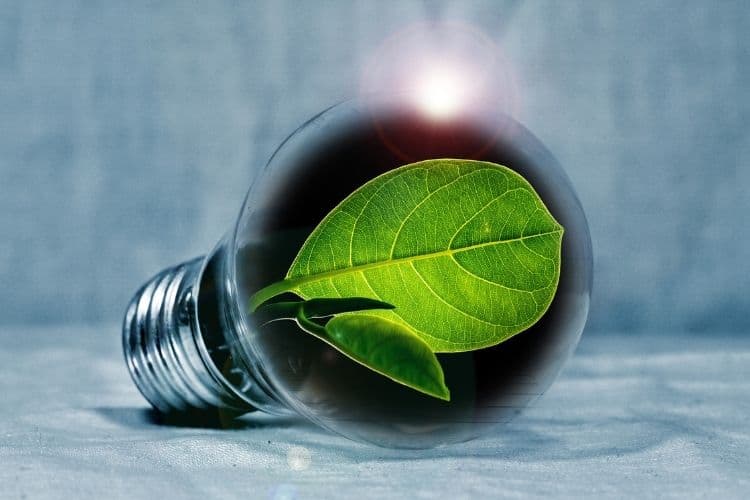How to Reduce Your Carbon Footprint in Winter
01 December 2021 • 5 min read
Want to learn how to be more eco-friendly while at uni this winter? We’ve got you covered.
When the temperature drops and those cold mornings make it difficult to leave bed, we’ll try anything to get cosy. Unfortunately, some methods aren’t always the most energy efficient. From constant showers to keep warm to radiators left on all night to dry damp clothes, some of these methods don’t put the planet first.
If that sounds familiar, don’t worry - we’ve got oodles of helpful, actionable and (most importantly) easy tips to help you lower your carbon footprint this winter. Some of these will even help keep your wallet flush with festive fun tokens!
Without much further ado – let’s get our green on…
🚌 Utilise public transport
Depending on how far away from home you live, you may be considering asking a parent or relative to pick you up from your student home this winter. Private vehicles are one of the most carbon producing additions to your annual footprint, and it only gets worse the further you travel.
This winter, consider taking either a train or coach ride home if your personal situation allows it. By sharing the carbon output with fellow passengers, you can rest assured you are doing your bit for the environment. Plus, sometimes these can be much cheaper!
🔥 Don’t let the heat out
Picture the scene: you’ve come back from an intense gym session, opened up all your windows to cool down, got showered, changed and quickly left the house again with your windows ajar. It’s an easy mistake to make, but you would be surprised by how much heat and energy is wasted by people leaving windows or doors wide open in wintertime.
By keeping the heat trapped in, not only will you have lower bills, but you’ll also be doing your bit to lower your household’s carbon footprint.
🎄 Buy LED lights
Long gone are the days of power intensive Christmas lights adding significant costs to everyone’s electricity bills. Nowadays, LED lights are widespread and affordable and should be your first choice when selecting how you want to light up your student home this winter.
Not only are they much safer, but they also only use a fraction of the energy required over old school lights – so as long as you remember to switch them off before going home, you can splurge on festive lights relatively guilt free.
⏳ Put your central heating on a timer
One of the most contentious topics amongst students is whether or not to use the central heating. It’s costly, generates a lot of carbon and is easily wasted energy if you have flatmates who leave windows or doors open.
The best way to make sure you are getting the most out of your central heating is to have it on a timer. That way, the heating kicks into gear in the cold early hours of the morning, making your student home toasty and turning off immediately afterwards.
🧦 Wrap up warm
Want an even more eco-friendly option than central heating? Get some blankets in your life! There’s no better way to watch your favourite Christmas movies than with a cosy throw and a box of chocs. While you’re at it, layer up. Layers are in this season, and Christmas jumpers are the perfect excuse to keep warm and mix in some festive joy.
❅ Freeze your meals
This top tip is an incredible cost saver and works perfectly in conjunction with the tip above. While your oven is hot, use that energy to cook other meals for the week ahead and store them in your freezer ready to go. Not only does this save on energy and money, this also acts as a brilliant time saver over the busy exam/course season.
🧽 Wash your clothes at a lower temperature
This tip is one of the easiest and most effective. Did you know an 8kg load of washing will result in approximately 590 g CO2e if washed at 60°C, but only 330 g of CO2e if washed at 30°C? It’s little changes like these that go a long way in helping to reduce your impact on the planet.
On another note, daily essentials like socks, pants and even t-shirts should be washed regularly to keep a clean rotation of clothes. But your warm jumpers and jeans don’t need go through the wash after every couple of wears. Save on the energy by only washing these when you really need to.
🌱 Go plant powered
The meat industry is one of the biggest CO2 contributors globally and has been flagged by several climate activists as a way that humans can easily make a difference to the climate crisis. Switching to veggie or vegan before Christmas would no doubt be a challenge, but it’s a noble cause that would no doubt help you save some extra cash over winter. Plus, we’ve got a few tips of our own to help you in your mission – read our blog for inspo!




